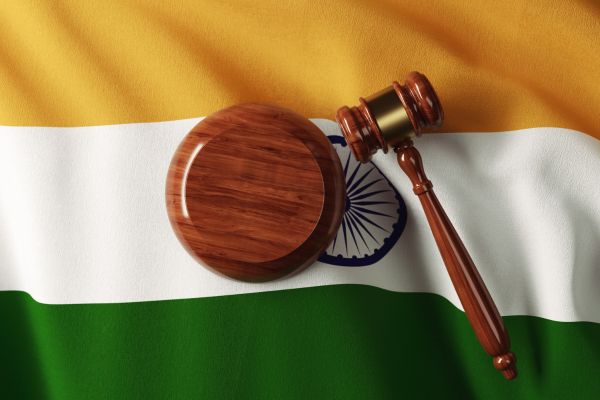
AAP MP Sanjay Singh faced suspension from the Rajya Sabha for the remainder of the monsoon session due to persistent disregard for the chair’s directives while protesting the Manipur issue.
The Indian political scene has recently seen significant events that have caught the nation’s attention. The suspension of a Rajya Sabha member is one such occurrence that has sparked controversy and discussion.
Before we delve into the suspension of a Member of Parliament (MP), let’s first understand the Rajya Sabha. It is the upper house of India’s Parliament, where members are not directly elected by the people but are chosen by the elected members of the State Legislative Assemblies.
This chamber plays a crucial role in shaping and reviewing legislation and policies, making it an essential part of the Indian political system.
The suspension of an MP from the Rajya Sabha is a rare and serious occurrence. It is typically a result of misconduct or behaviour unbecoming of a parliamentarian. The recent suspension of a prominent MP has raised several questions about the reasons behind such a drastic action.
The suspension of a Member of Parliament from the Rajya Sabha is not an arbitrary decision. Some common grounds for suspension include:
Members who disrupt the proceedings of the house, preventing it from functioning smoothly, can face suspension. This disruption can take the form of shouting, protesting, or any behaviour that obstructs the legislative process.
Using abusive or offensive language in the house is strictly prohibited. MPs must maintain decorum and civility during debates and discussions.
Suspension may result from any physical altercation or violent attitude within the residence. Such activities degrade the Parliament’s dignity.
MPs are expected to adhere to ethical standards, both inside and outside the Parliament. Violations of these standards can result in suspension.
The suspension of an MP has significant consequences, not only for the individual but also for their constituents and the functioning of the Rajya Sabha.
During the suspension period, the MP loses their right to vote in the Rajya Sabha. This can be a disadvantage when crucial bills and motions are being discussed and voted upon.
Suspended MPs are barred from participating in parliamentary activities, including debates, committee meetings, and other important functions. This hampers their ability to represent their constituents effectively.
Suspension can also tarnish the public image of the MP. It may lead to criticism and loss of trust among their supporters and the general public.
The suspension of a Member of Parliament is never without controversy. It often sparks heated debates both inside and outside the Parliament.
Critics argue that it can be used as a tool to suppress dissenting voices, while proponents maintain that it is necessary to maintain discipline and decorum within the house.
The suspension of a Rajya Sabha member is a momentous event in the Indian political scene. It emphasises the significance of preserving decorum and ethical standards in Parliament. While this is an unusual incident, it serves as a reminder that MPs are held accountable for their activities both inside and outside the chamber.